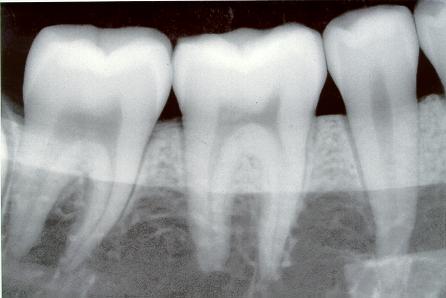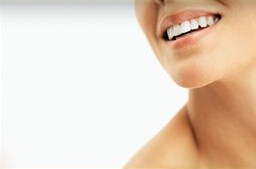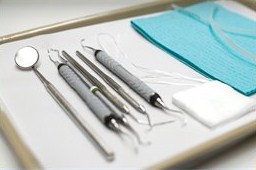 The hygienist I see told me I should be seen every 3 months, is this legit? and what am I being billed for at these appointments?
The hygienist I see told me I should be seen every 3 months, is this legit? and what am I being billed for at these appointments?
In the past it was customary to fall into the trap of dental insurance dictated “once a year”, or “once every 6 months” frequency of dental cleanings. Often patients will state “I can only have a cleaning every 9 months, because that is what my insurance covers”…well you can actually go as often as you want, insurance won’t cover every visit, BUT YOU CAN go as often as you want …if you hate flossing you could go to see the hygienist every few days …but seriously you have other places you need to be so Floss!
Keep in mind your dental insurance coverage is NOT based on what you may require. It is coverage negotiated and provided as a benefit package – typically by an employer. Or a “package” you apply for.
Due to the status of the health of your gum tissues and bone levels, the hygienist may recommend that you are seen every 3 months for plaque and calculus removal, or 4 months, or 6 months, or 9 months ….you get the picture. Everyone’s health is different, and so are the dental hygiene needs of each patient. I would be more concerned if the dental hygienist you see doesn’t customize your hygiene frequency to your specific needs. Hygienists use information such as the amount of calculus that forms in your mouth, the depth of the periodontal pockets measured (yes, all that poking and number calling..3, 2, 3…. is useful), bone levels, amount of tissue bleeding, as well as your overall health and risk factors to decide what is going to give you the best chance at achieving top-notch oral health , and the benefit of keeping your teeth for life!!
What does that mean in terms of dental insurance? Well get to know your coverage. A dental “cleaning” is actually a very general term because your dental hygiene visit will likely include scaling and or root planing, polishing, application of desensitizing materials, diagnostic radiographs to assess bone levels, or reviewing which plaque removal aids would be best for you. The hygienist may even create teeth trays to wear at home with remineralizing materials to prevent decay. Each individual has individual needs. That is why your invoice when you leave a dental hygiene appointment has a list of individual procedures.
And what does all of that dental lingo mean? Scaling and rootplanning in Canada are billed in time units.
1 unit of scaling = 15 minutes of removing deposit (or as my friend likes to call it “scraping the teeth”)
Polishing involves paste, removes daily sins like coffee, tea and red wine stain, smoothes rough areas so plaque bacteria cannot attach as easily
Fluoride can be gel, foam, varnish or rinse applied topically to teeth – again this should not be an “automatic treatment”, rather the dental hygienist will determine if it or a fluoride alternative is suitable for you. There are also fluroride free – re-mineralizing agents that can be used to strengthen and prevent decay.
Insurance Plans usually have limitations such as 1 polishing procedure per 9 months…or 1 exam and x-rays per 12 months)…
Insurance coverage for scaling units may include – 16 units per calendar year, if you have a great plan maybe coverage will state unlimited scaling units per year . You could have a plan that covers only 2 units of scaling a year. *This may be a combination of root planning and scaling..you have to ask questions of your insurance provider if it is not clear.
The good news is that you may require scaling, root planning at these 3, 4 or 6 month hygiene visits, but don’t necessarily need polishing, or xrays and a check up exam every visit. So what the dental hygienist is recommending may actually fall within your dental insurance limits, good news!! Be thankful you have any dental coverage at all, as there are many people without .
Bad news – and its not really bad news – if it doesn’t fall within your dental insurance find out how much it would cost you? 2 units of scaling may not cost quite what you think in terms of dollars, and may mean that if you visit the hygienist 4 times a year and you are willing to pay for 2 of the visits… you get to have healthy gums, a healthy mouth, and a healthy heart which contributes to overall health. One patient told me they spent more on their pet last year than they did on their teeth.
The other solution…follow advice from your dental hygienist in terms of what you can do at home …and then repeat this daily.
 Take the test from the DR OZ show
Take the test from the DR OZ show



